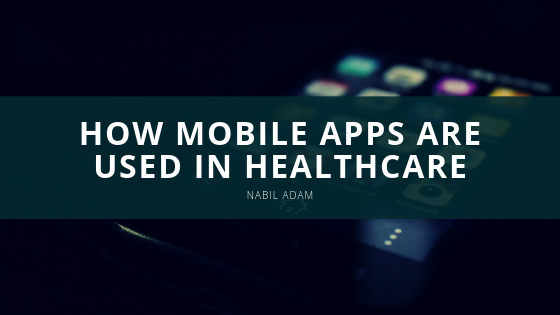Long lines and packed waiting rooms at the doctor’s office may become a thing of the past. The different advantages that mobile applications have brought to the healthcare sector have made medical services more patient-oriented and accessible.
Unless you require an operation or a closer revision, more than 80 percent of the medical prescriptions can be set and tracked remotely by using mobile applications. Since this practice is becoming more and more common, you may be interested in looking over the major benefits of digital healthcare assistance.
How mobile app technologies are revolutionizing the healthcare industry
The main reason that leads to this change was patient customization. Once the Internet Of Things technology is implemented in the healthcare market, doctors can use automated devices to analyze your health-related information, diagnose problems, and offer solutions.
When including biological pilot programs, the data received from the patient is a lot more accurate, and you receive updates in real-time. That creates the opportunity to use all imaginable triggers, sensors, and regulators to make the patients experience more secure and adapted to personal needs.
What is the role of Artificial Intelligence in healthcare?
The creation of these devices will require constant development in biotechnology, nanobots, and big data management. As a result, you invent a no-intrusive measurer to monitor any changes in the patient’s physiology and come up with a faster response in case of an emergency.
These technologies help patients to monitor their health personally by revising parameters such as sugar levels, blood pressure, cholesterol level, heartbeat, and temperature, weight, and hydration levels, among others.
Why is it important to improve the healthcare industry?
Healthcare system improvements have started to become a concerning topic for companies. According to demographic predictions, seniors will be part of the majority of the US population. As a consequence, companies expect an increasing demand for healthcare and Medicaid services.
The success of this development will depend on how many people can afford these solutions. Typically, people who need more healthcare attention are the ones who have difficulties to afford the program. Will healthcare professionals find a way to solve this problem before 2030?

